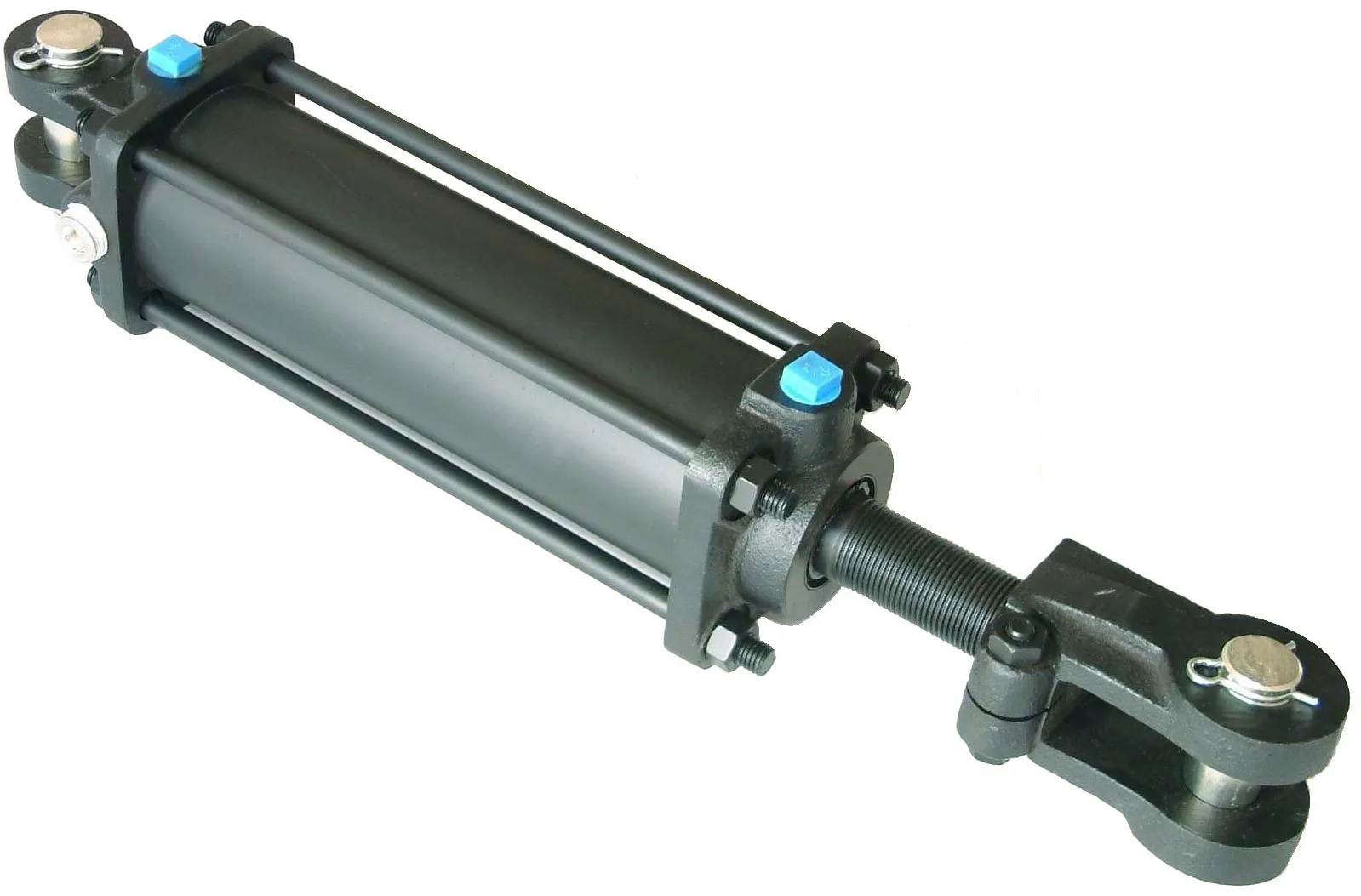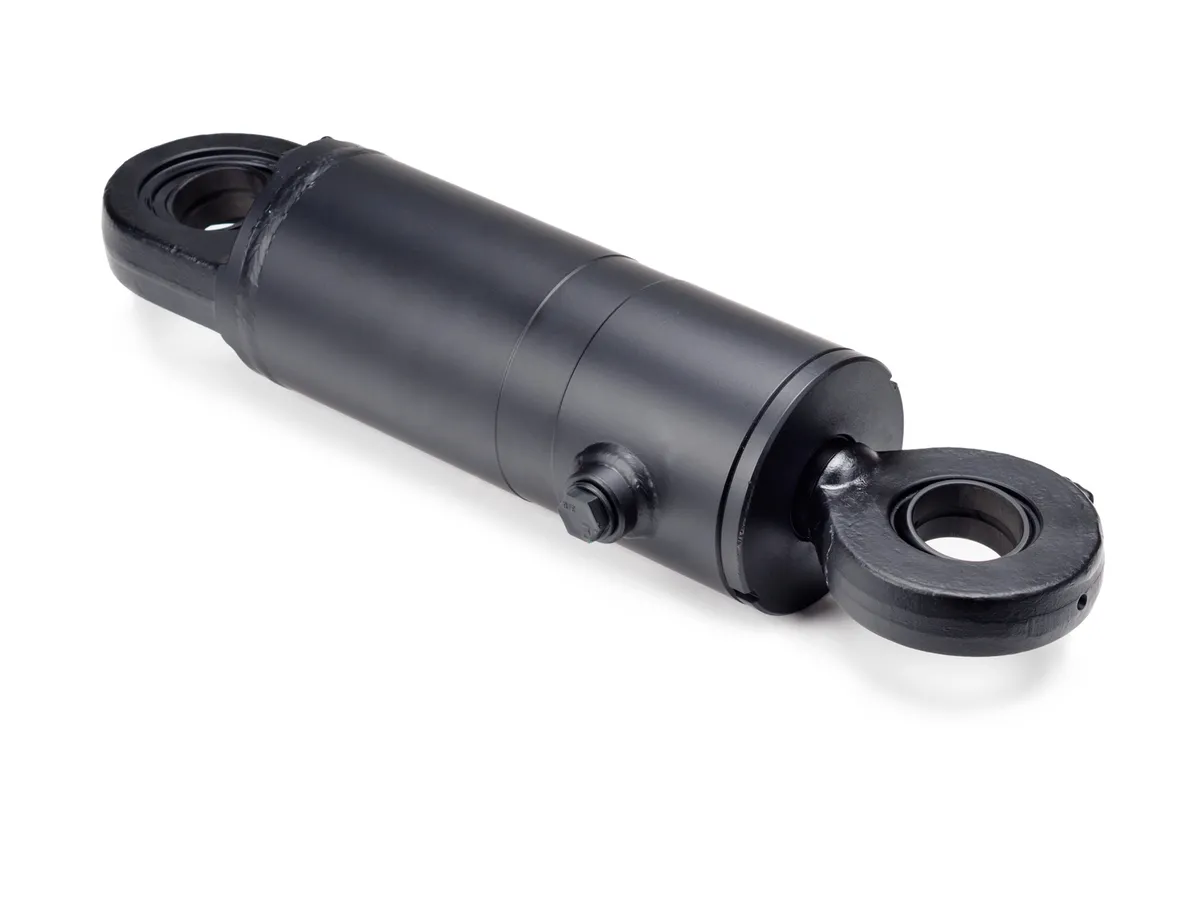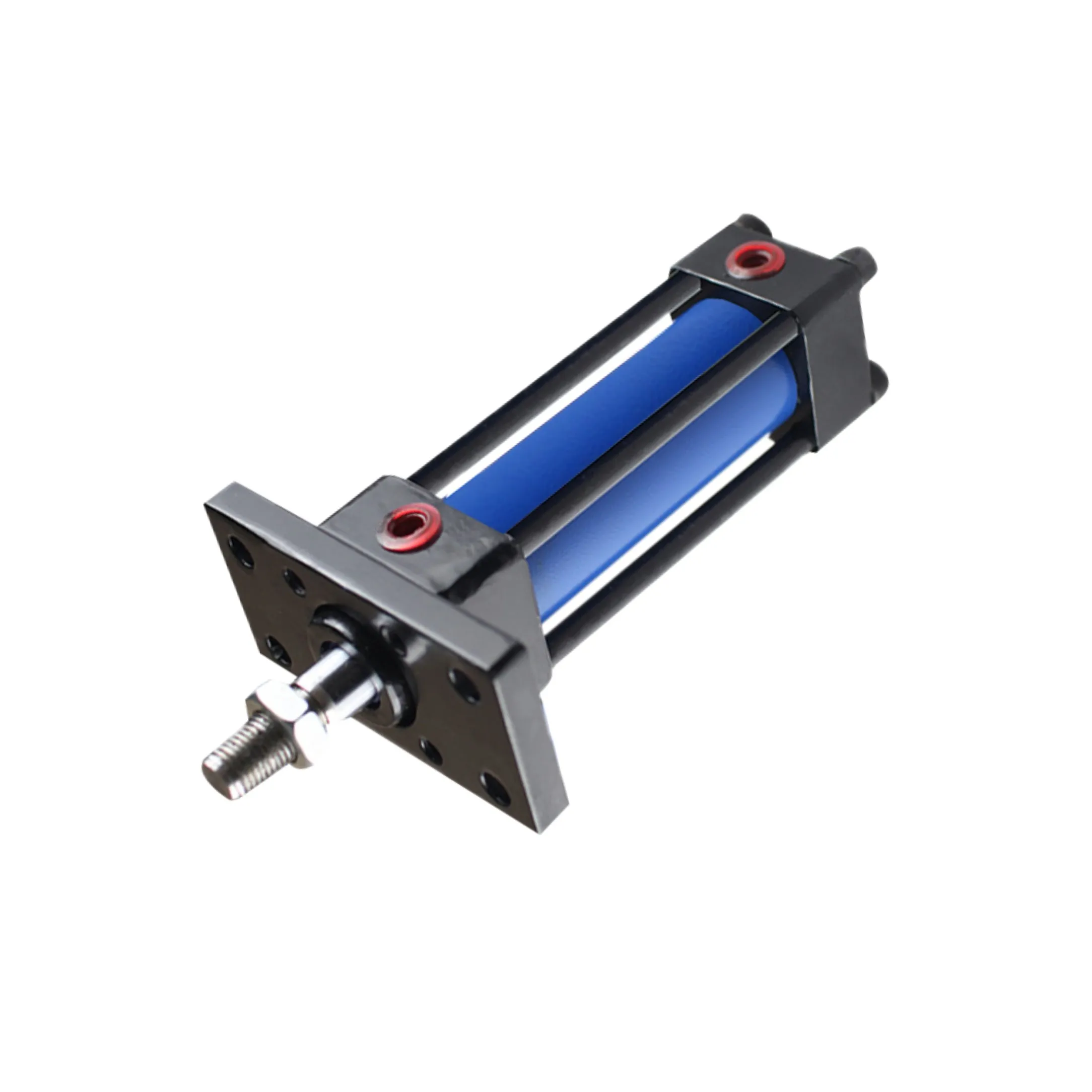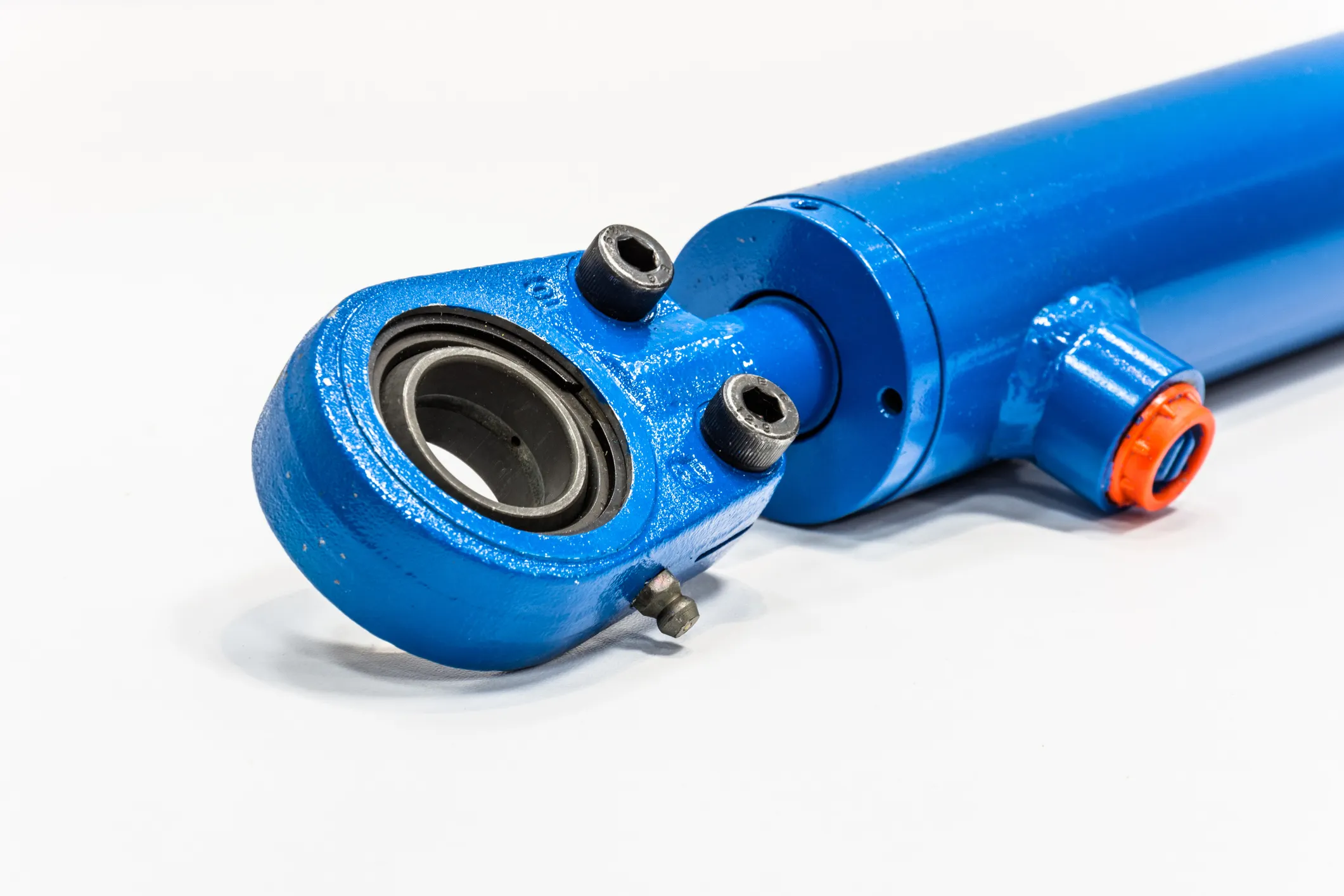The Role of Magnetic Welded Hydraulic Cylinders in Public Transportation

Introduction and Definition
When it comes to the efficient operation of public transportation systems, magnetic welded hydraulic cylinders play a crucial role in ensuring smooth and reliable performance. These cylinders are designed to provide precise control over various hydraulic functions, making them ideal for a wide range of applications in the transportation sector.
Principle of Magnetic Welded Hydraulic Cylinders
At the heart of magnetic welded hydraulic cylinders lies the innovative use of magnetic sensors, which allow for contact-free position detection. This technology not only enhances positioning accuracy and reaction speed but also enables compact designs that are well-suited for space-limited transportation applications.
Design and Construction Characteristics
- Easy Magnetic Sensor Integration: Built-in magnetic sensors improve position detection without physical contact.
- Welded Structure: Advanced welding techniques enhance the strength and durability of the cylinder, making it suitable for high-pressure environments.
- Compact Design: Magnetic sensors enable a more compact design, saving valuable space in transportation systems.
- Sealing Performance: Excellent seals prevent leakage, ensuring the reliability and safety of the hydraulic system.
Working Principle
These cylinders operate by transferring force through a liquid medium, causing the piston to move and perform the necessary workload. The sealing system ensures that pressure is maintained, while the release valve allows for controlled pressure release when needed.
Types and Configurations
There are three main types of magnetic welded hydraulic cylinders available, each with unique configurations tailored to specific transportation applications. These cylinders offer versatility and performance, making them a popular choice in the industry.
Advantages
- Precise Positioning: Magnetic sensors improve accuracy and reduce wear in applications.
- Compact Design: Space-saving compared to traditional cylinders.
- Enhanced Durability: Welded construction ensures strength and reliability.
- Sealing Techniques: High-quality seals prevent leakage and contamination.
- Magnetic Position Sensing: Non-contact sensors detect piston position accurately.

Industries of Application
- Public Transportation: Used in buses, trains, and trams for smooth operation.
- Material Handling: Ideal for forklifts and conveyor systems in logistics.
- Construction Equipment: Provides precise motion control for heavy machinery.
Design Considerations and Selection Criteria
When selecting magnetic welded hydraulic cylinders for public transportation, it is essential to consider factors such as bearing capacity, sealing performance, durability, safety, and maintainability. These criteria ensure the optimal performance of the cylinders in demanding environments.
Sealing and Lubrication
Proper sealing and lubrication are crucial for the longevity of magnetic welded hydraulic cylinders. Using high-quality seals and regular lubrication maintenance can prevent wear and ensure smooth operation.
Preventive Maintenance
- Regular Inspection: Check for leaks, wear, and other signs of damage.
- Proper Lubrication: Ensure cylinders are adequately lubricated for optimal performance.
- Seal Replacement: Replace worn seals to prevent leakage and contamination.
Installation Guide

When installing magnetic welded hydraulic cylinders, follow the manufacturer’s guidelines carefully to ensure proper alignment and operation. Incorrect installation can lead to performance issues and safety risks.
Safety Considerations
It is essential to prioritize safety measures when using magnetic welded hydraulic cylinders in public transportation systems. Regular maintenance, inspection, and adherence to safety protocols are key to preventing accidents and ensuring passenger safety.
Fault Diagnosis and Troubleshooting
Common problems with magnetic welded hydraulic cylinders in public transportation include leaks, wear, and sensor malfunctions. By conducting thorough fault diagnosis and troubleshooting, operators can identify and resolve issues promptly to avoid disruptions.

FAQs
How do magnetic sensors work in these cylinders?
Magnetic sensors detect the position of the piston without physical contact, providing accurate feedback for precise control.
What are the main advantages of using magnetic welded hydraulic cylinders?
The main advantages include improved accuracy, compact design, enhanced durability, and reliable sealing performance.
In which industries are these cylinders commonly used?
Magnetic welded hydraulic cylinders are widely used in public transportation, material handling, and construction equipment industries.
Long Tail Keywords
1. Magnetic welded hydraulic cylinders for buses
2. Innovative magnetic sensor technology for trams
3. Sealed hydraulic cylinders for trains
Our Company
As a leading hydraulic cylinder replacement manufacturer, our company offers a complete product line tailored to the needs of public transportation systems. With a focus on quality, innovation, and customer satisfaction, we have established ourselves as a trusted partner in the industry.
